Culture
Samoa’s history dates back some 3000 years and during that time, Samoa has proven adept at maintaining its cultural identity. Samoa’s rich historical background shows a deep and complex culture that has traditionally been embraced by all Samoans and guides and shapes daily life on the islands. Here is a taste of Samoan culture.
Fa’a Samoa
Throughout Samoa’s history a unique culture has developed in the island nation that is still important in today’s modern life. The culture is governed by Fa’a Samoa, meaning “The Samoan Way”, which is a national code or set of guidelines that assists and teaches individuals how to live their life as a Samoan. Fa’a Samoa is quite complex but several of the most important elements include a respect for the environment, family, community structure and religion. It’s very important to note that western organised religion was introduced to Samoa in the 1800’s and since that time it has become one of the only modern additions to Fa’a Samoa, with all the other principals dating back further. Fa’a Samoa cannot be underestimated in its cultural significance and influence on the country as it sits at the very core of what it means to be a Samoan.
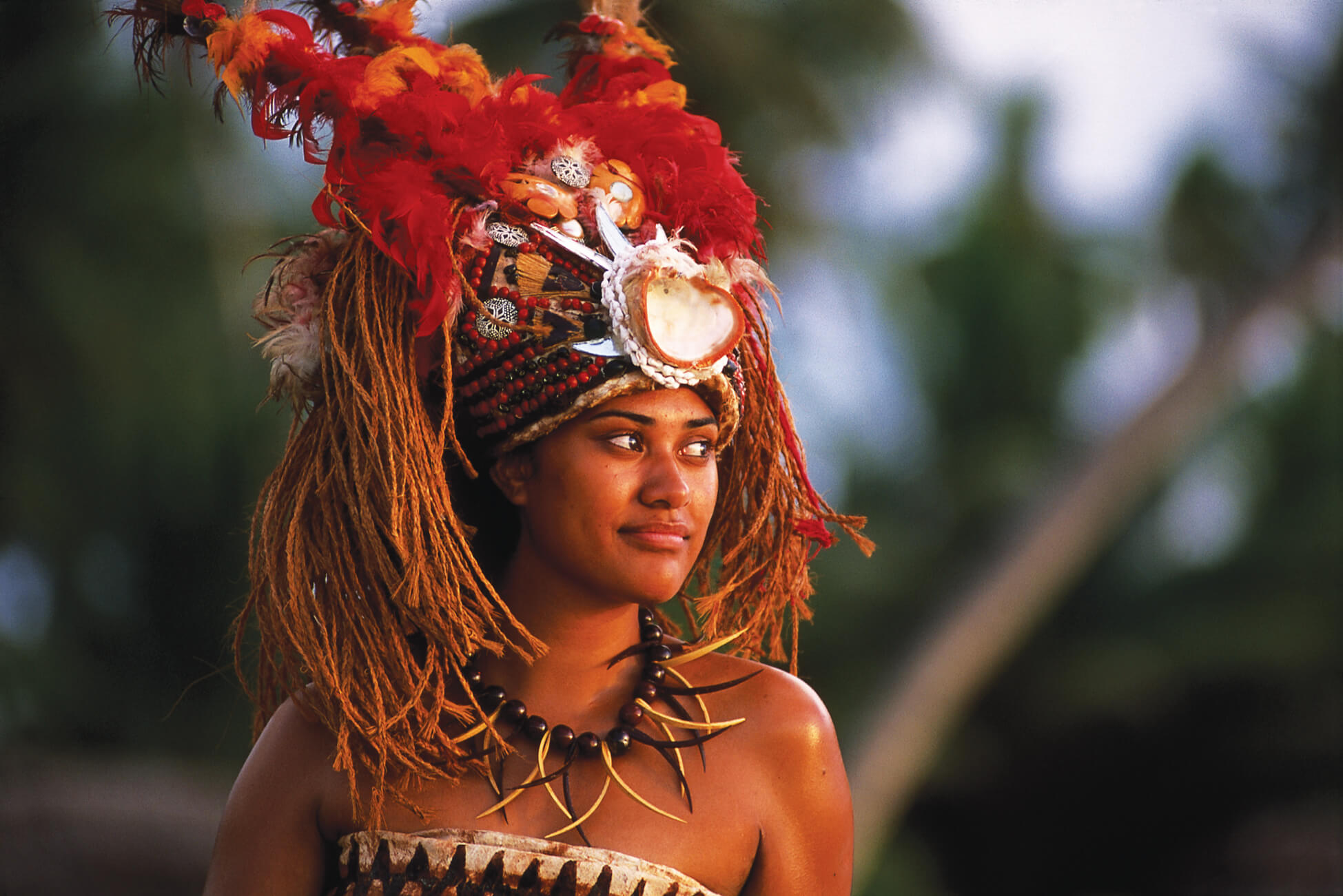
Religion
Since 1830 when John Williams brought the first Christian missionaries to Samoa, the Samoan people have devoutly embraced this religion and it has become an integral part of their culture. Although other religions now exist in Samoa, the vast majority of Samoans belong to one of the Christian denominations. The Sunday church service is an important weekly event and the service will usually feature beautiful music and singing as part of the worship. Sunday is a day of rest in Samoa and is often dedicated to spending time with family.
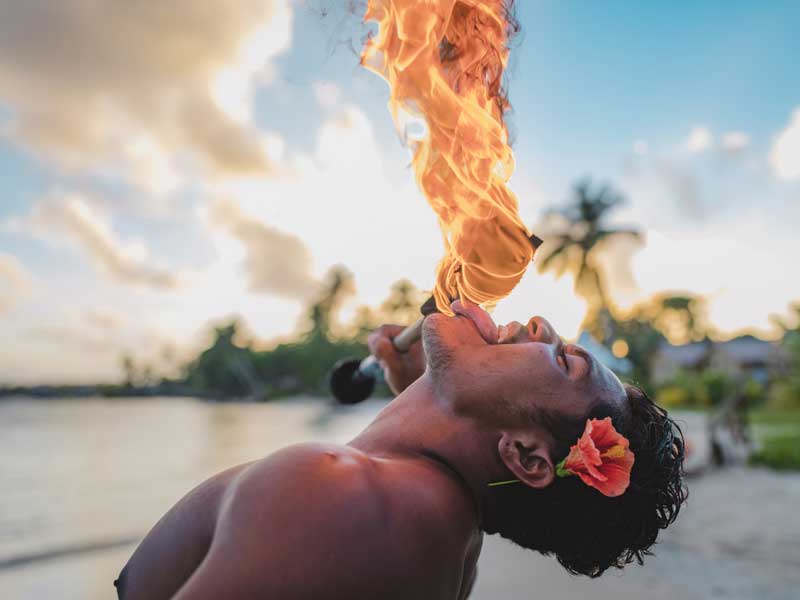
Community
Community structure is governed by Fa’a Samoa and Samoan communities are based around their villages, with over 360 villages in the nation. The tribal leaders are known as the Mattai and each village usually incorporates 2, the first being the high chief responsible for the key decisions, and the second being accountable for fulfilling the traditions of Fa’a Samoa. Although there are some nuances to the system, generally the title of Mattai is passed down through a family line, but sometimes the title can be gifted to someone who is believed to best serve the village and community.
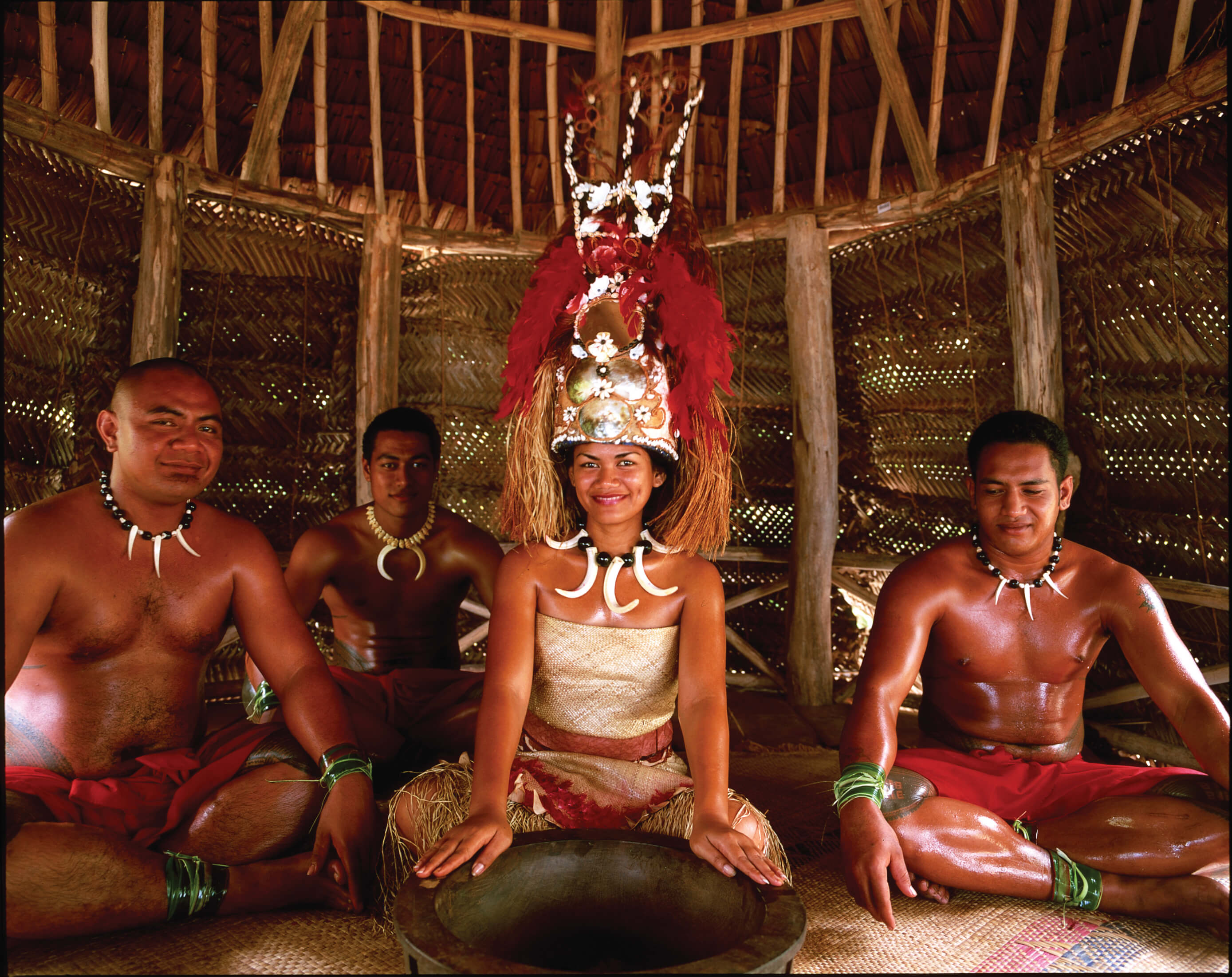
Food
In Samoan culture food is often something that is part of a social event that brings family or community members together. Seafood has traditionally formed an important part of Samoan cuisine and it is common that the day’s catch will be served as the evening meal. Other meats include pork and chicken, typically cooked whole on beds of hot rocks. Plantations of taro, tropical fruits and vegetables also provide produce which is an integral part of the Samoan diet. Due to its abundance on the islands, coconut has also been used extensively in various national dishes. While traditional Samoan food is quite simple in its taste, it is a rich and delicious cuisine worth indulging.
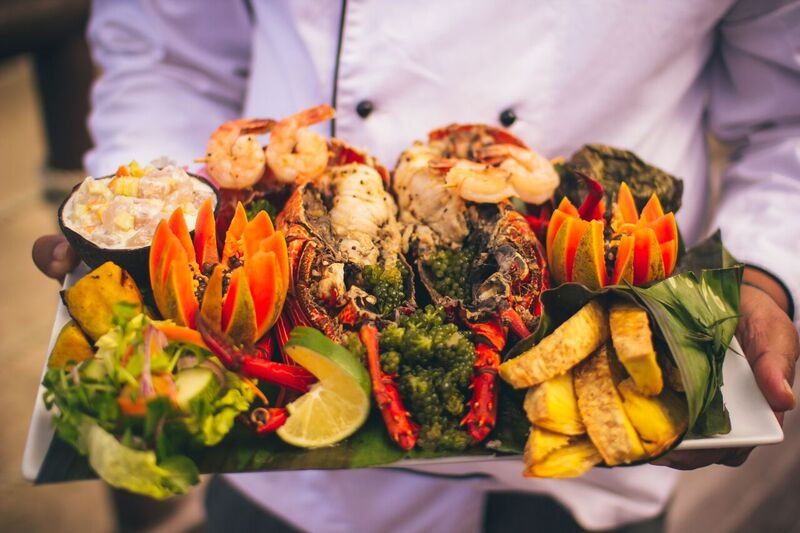
Tattooing
Like many Polynesian cultures, tattooing has been used throughout Samoan history as an important cultural tool. The traditional style of tattooing is called Tatua and is still practised in Samoa today. It is far more than just an adornment, rather it represents a person’s dedication towards Fa’a Samoa and also acts as a sign of status and respect. Although much of the artwork is based on a recognised style, each piece of artwork is specifically tailored for the individual.
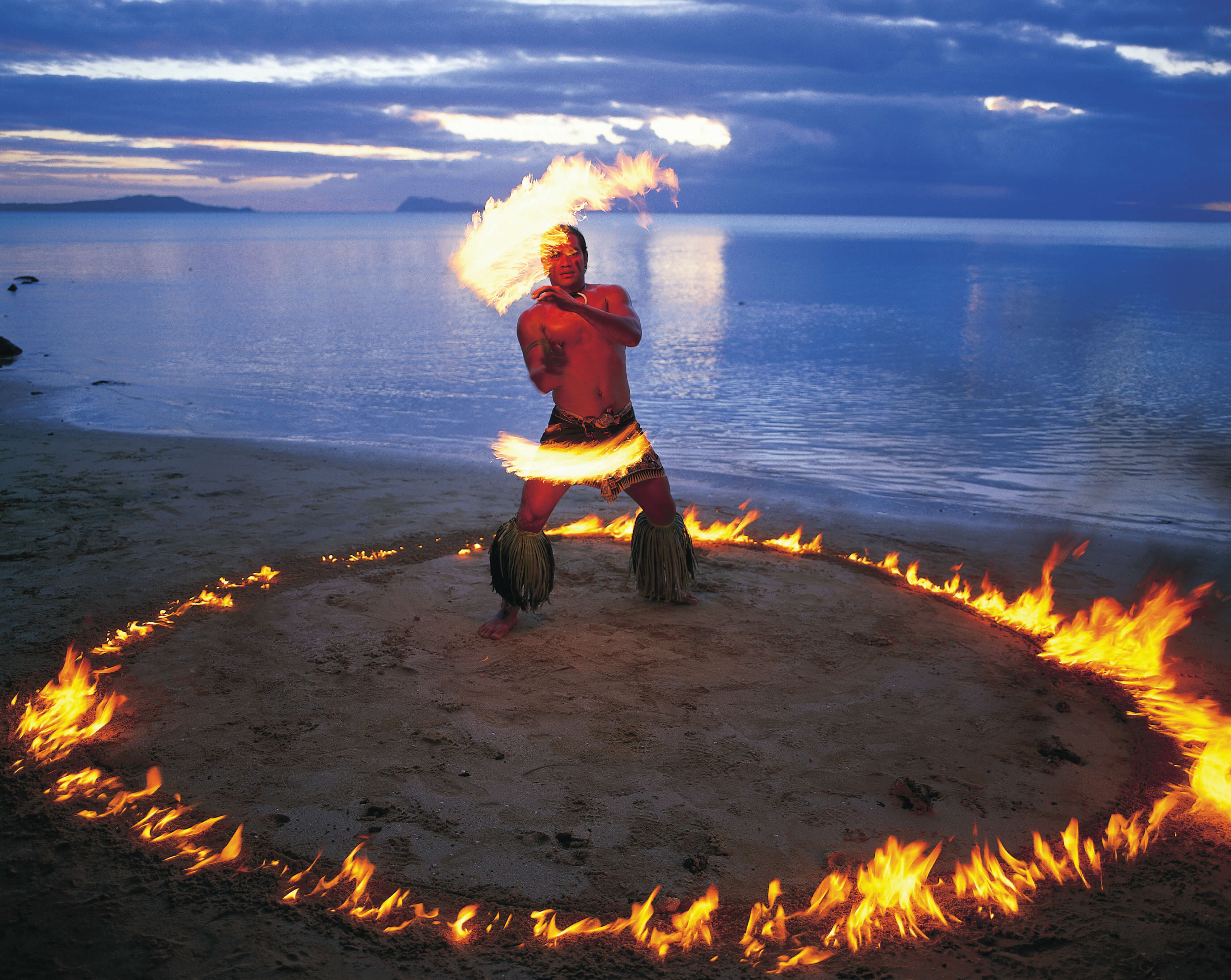
Samoa is one of the few South Pacific nations to preserve most of their true traditional values and culture, due in part to the nation’s relative isolation. This makes Samoa a fantastic place to visit and experience some of the untouched aspects of their fascinating culture.
Call our My Samoa Holiday Experts on 1300 072 662 now to find out more about Samoa’s rich, fascinating culture.




